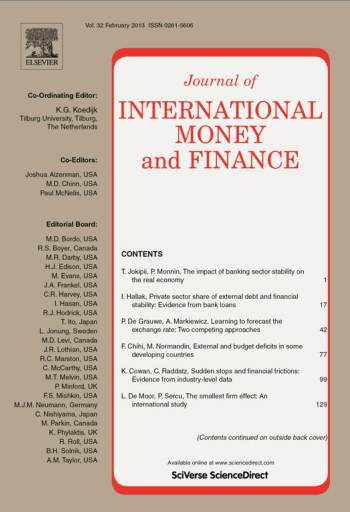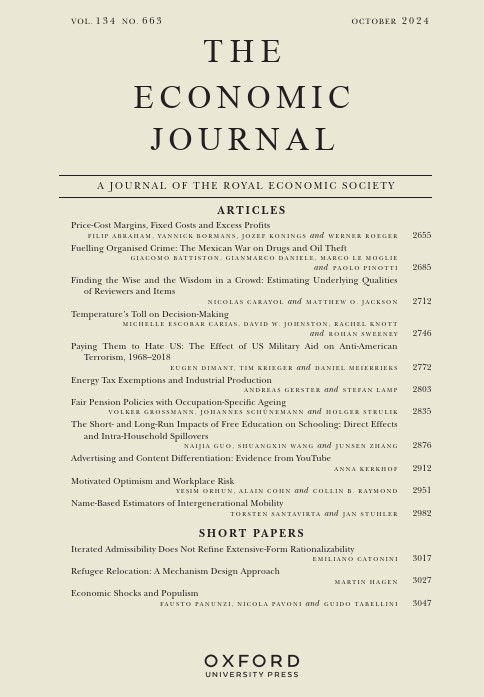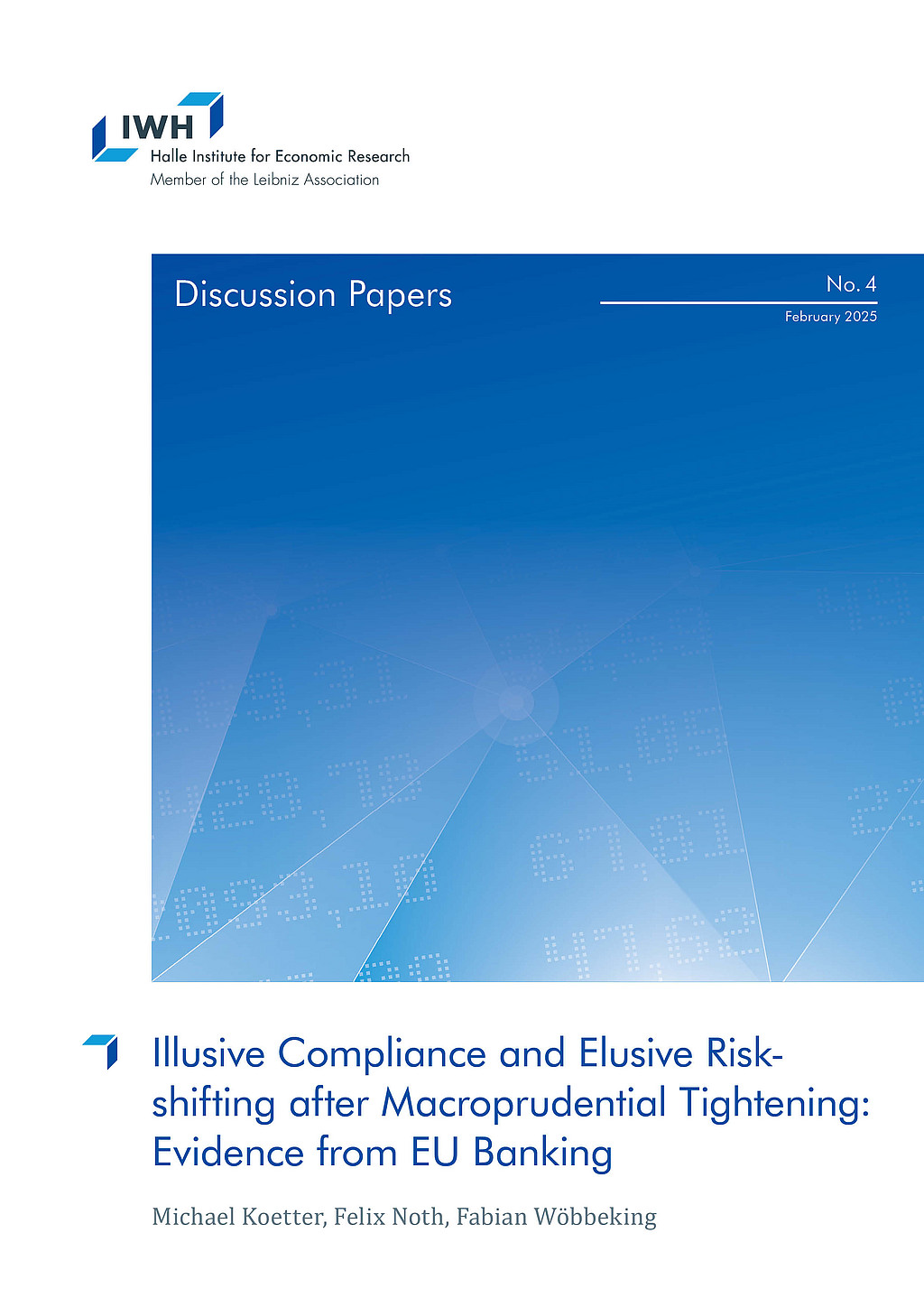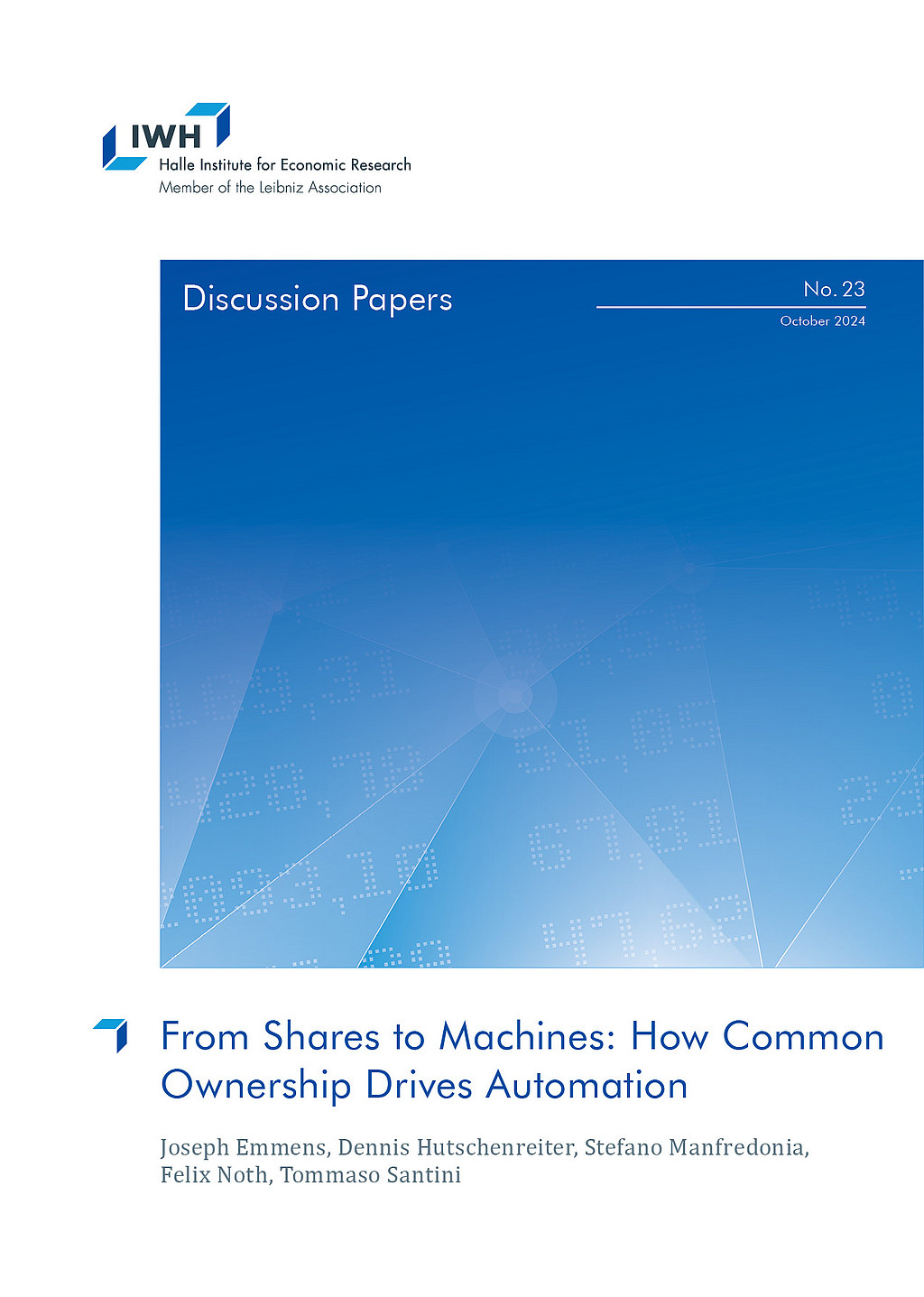Professor Dr Felix Noth

Current Position
since 10/16
Deputy Head of the Department of Financial Markets
Halle Institute for Economic Research (IWH) – Member of the Leibniz Association
since 3/14
Head of the Research Group Financial System Adaptability and Resilience
Halle Institute for Economic Research (IWH) – Member of the Leibniz Association
since 7/20
Professor for Banking and Financial Systems
Otto von Guericke University Magdeburg
Research Interests
- banking markets and real sector growth
- banking regulation and risk-taking of banks
- natural disasters and consequences for banks and banking markets
Felix Noth is a member of the Department of Financial Markets at IWH since March 2014 and Professor for Banking and Financial Systems at Otto von Guericke University Magdeburg. His research focuses on empirical banking and finance.
Felix Noth earned a diploma from LMU Munich and received his PhD from Goethe University Frankfurt. Prior to joining IWH, he held the position of PostDoc at Goethe University Frankfurt.










